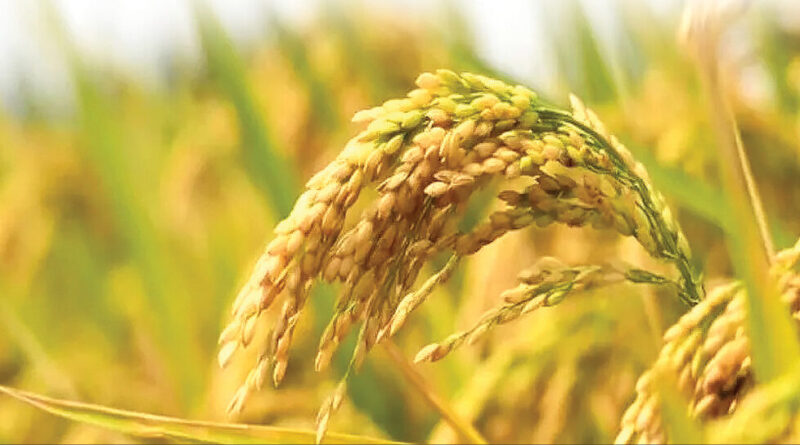Breakthrough in Hybrid Rice! Chinese Scientists Discover Gene for Mechanized Seed Separation
Hybrid rice varieties are known for their high yields, significantly contributing to global food security. However, the production of hybrid rice seeds relies heavily on manual labor to separate the desired seeds from the rest. This process is time-consuming, and expensive, and limits the large-scale production of hybrid rice.
The research team, comprised of scientists from the Chinese Academy of Science, Hainan Seed Industry Laboratory, and China National Rice Research Institute, pinpointed a critical gene called GSE3. This gene allows researchers to develop rice varieties with contrasting grain sizes – some significantly smaller and others larger.
Simpler Separation Through Size Difference
By introducing the GSE3 gene, scientists can create male sterile lines (essential for hybrid seed production) with smaller grains. When paired with a large-grain restorer line, the resulting hybrid seeds can be easily separated using basic sieving techniques. This eliminates the need for manual labor, streamlining the entire seed production process.
Field Trials Validate Increased Efficiency
Field trials conducted by the researchers demonstrated the effectiveness of the GSE3 gene. Rice lines engineered with GSE3 not only maintained but also increased hybrid seed production by a remarkable 21 to 38 percent. This finding highlights the potential of GSE3 in boosting both the efficiency and productivity of hybrid rice breeding.
Revolutionizing Agriculture with CRISPR Technology
The research team employed CRISPR-Cas9 gene-editing technology to integrate the GSE3 gene into rice lines. This method not only overcomes the limitations of traditional breeding techniques but also accelerates the breeding process. The successful application of CRISPR-Cas9 opens doors for extending the use of GSE3 to other crops, potentially revolutionizing seed production across agriculture.
The groundbreaking research was published in the prestigious scientific journal Nature Plants on June 3rd. The team emphasizes the transformative impact of their discovery, stating that this research is a significant step towards fully mechanized hybrid rice breeding. This innovation has the potential to significantly enhance global agricultural practices and contribute to greater food security.
This article has been republished from The Krishi Jagran.

